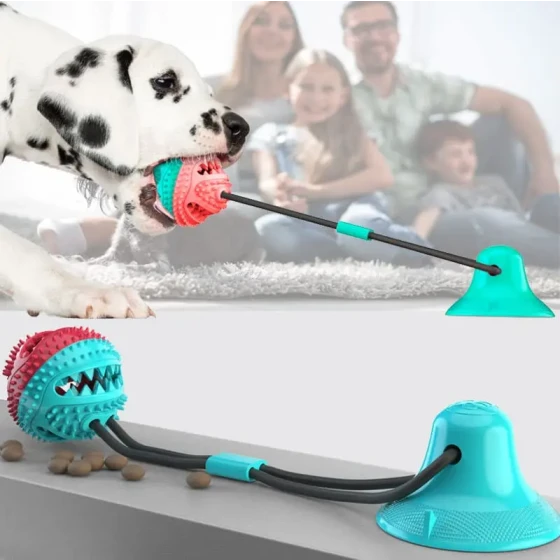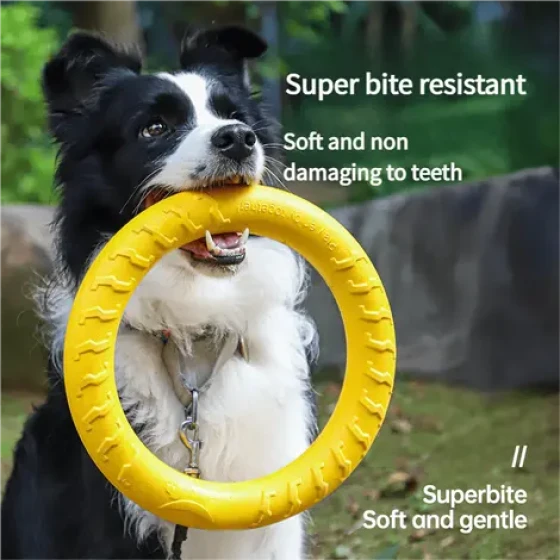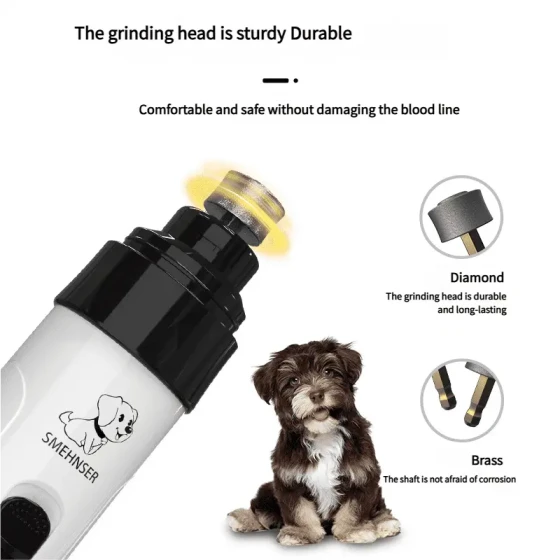The Benefits and Drawbacks of Dog Neutering, How to Care for Dogs After Neutering?
The Benefits and Drawbacks of Dog Neutering, neutering your beloved dog is a wise choice for owners. Data shows that neutered dogs live significantly longer on average than unneutered dogs. Neutering can prevent or reduce the occurrence of reproductive system diseases. For example, for unneutered female dogs, the chance of uterine infection increases with age, so do not wait until your dog becomes ill to consider neutering. Neutering helps stabilize a dog's temperament.
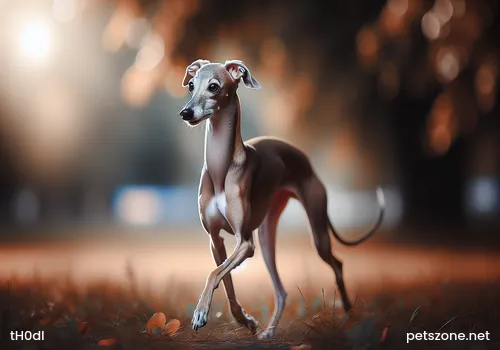
The Benefits and Drawbacks of Dog Neutering
Before surgery, the dog should fast for at least 8 hours and be deprived of water for 2 hours. After surgery, the dog may have no appetite; it is recommended to give the dog fluids to replenish energy. Of course, owners can also prepare easily digestible high-energy food for it. Once the dog begins to eat normally, owners can gradually switch to feeding prescription food for neutered dogs.
Dietary Care Points for Neutered Dogs
Focus on dietary adjustment to avoid obesity. Some owners complain to veterinarians a few months after their dogs are neutered: although the dog's temperament has become more docile, its weight increased by nearly 1kg (about 20% of original weight) compared to before neutering!
To prevent neutered dogs from gaining weight, low fat, low carbohydrate, and high protein foods should be introduced into their diet. Neutered dogs will maintain a normal weight only when the calories in their diet are at least 30% lower than before neutering.
Add antioxidants to the diet to stay youthful. How to keep neutered dogs youthful? The answer is specially added "antioxidants" in dog food that fight free radicals in the body – does it look familiar to the lady owner? Yes, your cosmetics or health supplements may also contain it. Suitable daily rations strengthen joint health. The joint health of neutered dogs is closely related to their weight, especially in large and giant breed dogs. It is also related to the energy supply in their diet.
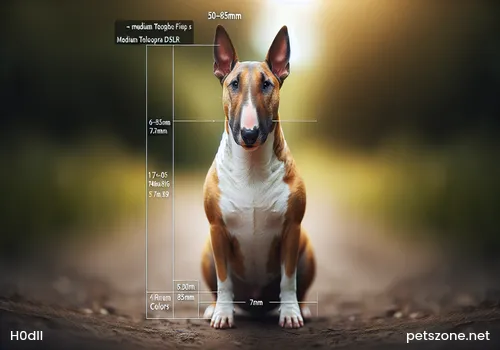
The Benefits and Drawbacks of Dog Neutering
Common Problems in Neutered Dogs
1. Increased risk of obesity after neutering. Neutered dogs have twice the risk of obesity compared to before neutering. If still fed the same amount as before neutering, the dog's weight will drastically increase.
2. Possible brain "aging" after neutering. Data shows that neutered dogs exhibit more significant brain aging than unneutered dogs, possibly because with fewer "thoughts," the brain becomes duller.
3. Pay attention to joint issues after neutering. Neutered dogs tend to become overweight, and excess body weight naturally puts greater pressure on joints, making them prone to damage. Large and giant breed dogs particularly need to watch their joint health.
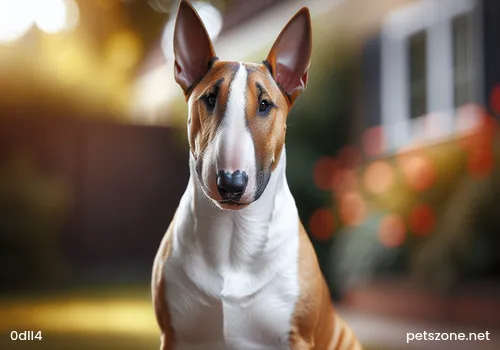
The Benefits and Drawbacks of Dog Neutering
Neutering surgery can reduce the chance of female dogs developing mammary cancer, but studies show: the earlier the neutering surgery is performed, the lower the chance of mammary cancer. The best time for neutering is when the dog’s sexual development is basically mature — 5 to 6 months for small and medium-sized dogs, around 1 year for large dogs. Therefore, if you do not intend for your dog to reproduce, neuter it as soon as possible.

